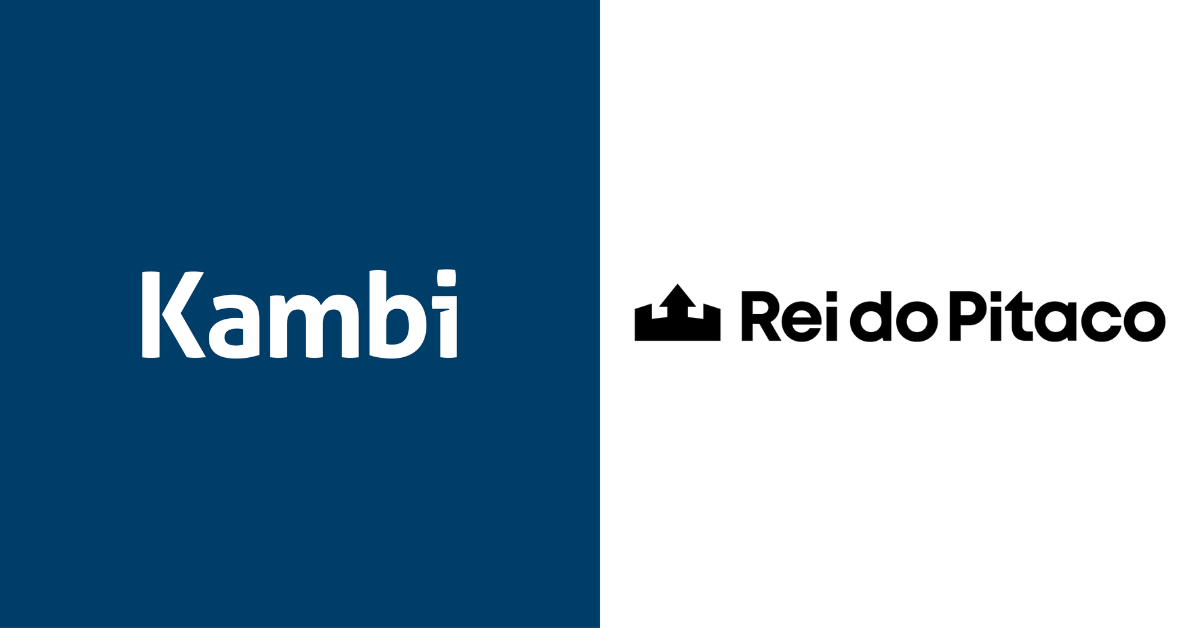

Speaking with Gambling Insider, Oliver Lamb, Head Sportsbook Controller at Kambi, explained how the supplier will assist the expanding integrity network, and why he thinks organisations such as this are vital in the modern market.
What does becoming a member of the IBIA mean for Kambi?
We’ve been supporting our operators in the IBIA for a number of years now. We’ve got four operators who are already part of their network – Kindred, 888, ATG and LeoVegas – and as part of our service to the operators we always provide in-house integrity monitoring. Every bet we process is always monitored from an integrity angle.
Now it’s good to firm things up, solidify that relationship and finally become an official partner of the IBIA ourselves. That way we can give the network more information and data, as well as sharing our best practice in the area.
There are currently 50 online and retail brands involved in the IBIA. How important do you think cooperation is among the gambling industry?
I think it’s incredibly important. There are dozens of operators now who are involved in this, and we’re the first sports betting technology supplier who has joined up so it’s great to get that element into the network for them as well.
You will see within the network there are a lot of robust commercial rivalries between the operators, and they won’t share a lot of information around a lot of things; but integrity is the one area where there is an open willingness to cooperate because it is beneficial to everyone. It’s about protecting the whole sports ecosystem, including consumers and the sports themselves. At the end of the day, everyone involved in the sports betting industry loves sports and this is about protecting the games we love.
As the sports betting market grows, there is greater pressure to offer as many sports, leagues and matches as possible. From a supplier perspective, what else can be done to ensure the integrity of those offerings?
Everyone takes their own independent strategy; at Kambi we take a self-regulating approach. If we can’t guarantee the integrity of an event then we are not going to offer it. We are definitely willing to sacrifice targeted parts of the offering if it means protecting the integrity of an event.
This is done in a data-driven manner, so we will go event by event or participant by participant and make sure we have enough information on every athlete, or every team; if we don’t have enough information, we will take them out of the offering.
Are there any sports which are of primary concern in regards to integrity?
The IBIA reveals its reports with transparency on a regular basis, and anyone who has been looking at them can see tennis does stand out, and lower-level tennis in particular. In the last quarterly report, they registered the first real drop in suspicious tennis events, so it does seem the message is getting through there. Tennis regulatory bodies have also enhanced their own internal controls with the Tennis Integrity Unit.
Associations like the IBIA shine a light on these things and act as a kind of deterrent because they know the regulated market is tracking this activity. It’s not in any sportsman’s best interest to chase a quick buck and fix a match. As soon as the IBIA has any concerns, they will go to the sport’s governing body and it’s going to get dealt with pretty quickly.
In your own experience, having joined the sports betting industry in 2007, do you feel there is now more pressure than ever on regulatory bodies to ensure the integrity of their sports?
Absolutely. I believe sports have always taken this seriously and seen it as a potential threat. If there is a doubt of the integrity of the sport people are watching, it is going to damage viewership.
The willingness of the sports to cooperate with betting operators is the main positive change I have noticed. In the last few years, they have moved closer together and realised there are shared interests in this area. Sports obviously have the power to impose sanctions on match-fixers, while betting operators are the ones who have the data and the paper trail to make that a possibility.
First published by Gambling Insider











